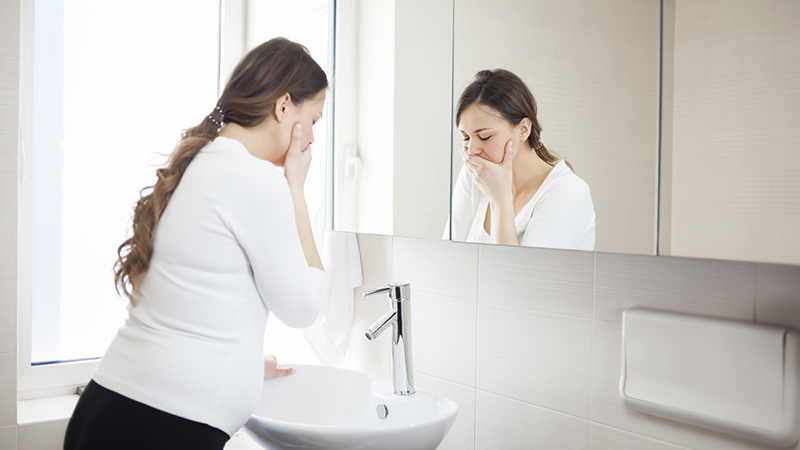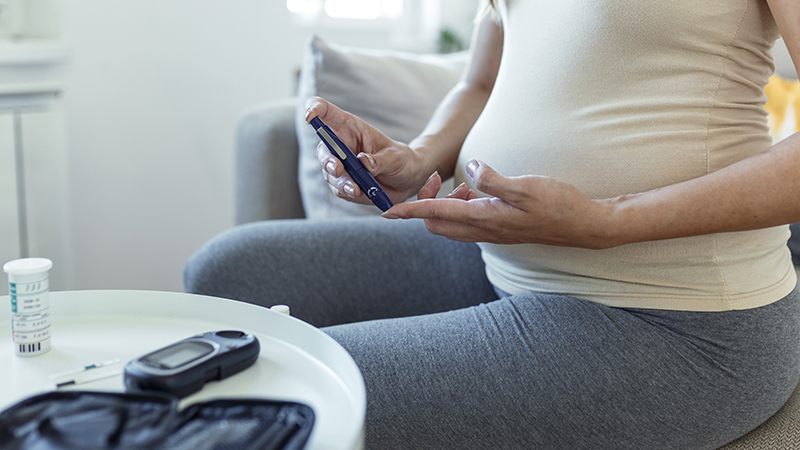9 Summer Safety Tips
Expert Ideas for Staying Safe and Healthy
Updated June 2024
“A little foresight and planning can help maximize your safe enjoyment of the summer,” says Christopher P. Hogrefe, MD, an immediate care and primary care sports medicine physician at Northwestern Medicine. Dr. Hogrefe offers the following tips to stay safe and healthy.
Map out safe and healthy travel.
Headed out for a trip? Before you go, check out these six tips for staying healthy while traveling and make sure you pack healthy food and snacks to fuel your adventures. Whether traveling to a suburb or across the country, secure a car safety kit for emergencies. Your kit should include:
- Jumper cables
- Flashlight
- Hammer
- Back-up cellphone battery or charging device
- Basic first-aid materials, including bandages, gauze, adhesive tape, antibiotic ointment, antiseptic wipes, cold compresses, non-latex gloves, scissors and tweezers
Also make sure you have an inflated spare tire onboard.
Safety first by the water.
Nothing says summer like sitting by the pool or lake, but water safety is extremely important. In the U.S., drowning is the leading cause of death in children ages 1 to 4.
To prevent accidents, only swim in designated areas with lifeguards and obey all posted warning signs. Inexperienced or young swimmers should wear a life jacket when near the water. If you are using a private pool, make sure children always have adult supervision, and lock any gates to the pool when it is not in use. Pay attention for signs of dry drowning or secondary drowning, which occurs when water enters the mouth or nose, or gets trapped in the lungs.
Even cooling off in the backyard can pose danger. Water left in a garden hose can reach scorching temperatures. If your backyard fun includes using a garden hose, let the water run for a minute, and then check the temperature before use.
Protect yourself from the sun.
While soaking in those summer rays, protect your skin. Sunscreen can protect against UVB rays (associated with burning) and UVA rays (associated with aging), but you must apply it regularly. Apply sunscreen 30 minutes before sun exposure and at least every two hours afterward. Be sure to check if your sunscreen is waterproof as well. Other ways to protect your skin from the sun include:
- Wear a wide-brimmed hat, lightweight and long-sleeved shirts and pants, and shoes that cover your feet
- Wear sunglasses with UV protection
- Use an umbrella
- Take breaks from the sun
If you have spent too much time in the sun, find out if it is time to see a physician about your sunburn.
Eat smart.
Food is often the centerpiece of summer celebrations. Don’t let foodborne illness spoil your time with friends and family. Foodborne illness is caused by consuming contaminated food or water, and the culprits can be bacteria, viruses, parasites and toxins. Symptoms can include mild abdominal discomfort, frequent loose bowel movements and even severe dehydration that requires medical attention. Here are key tips to prevent food-related illness:
- Cook meat, poultry and seafood thoroughly to proper internal temperatures and refrigerate leftovers promptly. Use a food thermometer to ensure the safety of meat, poultry, seafood, and egg products for all cooking methods.
- Keep perishable foods like sliced fruit, vegetables, coleslaw and potato salad chilled. Avoid leaving them out for too long.
- Prevent cross-contamination by using separate cutting boards and utensils for raw and cooked foods.
- Wash your hands, surfaces and utensils frequently when preparing food.
Stay hydrated.
Every part of your body needs water to function properly. When your temperature rises, your body sweats to keep cool and drive heat away from internal organs. Whether you are sitting in the sun or playing all day, make sure to stay hydrated. Mix it up by adding fruits or vegetables to your water. You can also snack on high water content foods, such as watermelon or pineapple slices. And remember, drinks that contain caffeine or alcohol can actually lead to dehydration.
“It is always best to stay ahead of dehydration,” says Dr. Hogrefe. “By the time you think you may be dehydrated, you likely already are.” Know the signs of dehydration and when to increase your intake. Some symptoms to watch for include:
- Thirst
- Lightheadedness or dizziness
- Headache
- Fatigue
- Dry mouth
- Confusion
- Dark urine
- Lack of tears
Children’s symptoms can vary. For some, a fever, diarrhea, vomiting or profuse sweating are markers of dehydration. Others may also have a dry mouth, no tears and the appearance of sunken eyes. Fatigue and a lack of urine are also signs of dehydration in children.
Do not invite unwanted guests.
From flip-flops to beach towels, prevent germs from entering your home after a day at the beach. Remove shoes before you go inside. Immediately place all damp towels and swimwear into the washing machine to avoid spreading sand. If you have used goggles or other items, wash them with soap before storing them for the next round of fun.
Protect against pests.
A good insect repellent can work wonders for protecting your skin from bug bites. Unfortunately, most natural ingredients are not as effective as diethyltoluamide (DEET), the most commonly used chemical repellent. However, you can still pick a safe, environmentally friendly option, certified by the Environmental Protection Agency (EPA). For children in strollers, place mosquito netting over the carrier for an extra barrier from bugs. If you get a bug bite, pay attention to any adverse reactions, such as headache, fever or tightness in your chest. Also watch for signs of infection, such as spreading redness, warmth or drainage on your skin.
Prevent burns.
From barbecues to bonfires to fireworks, you have plenty of ways to celebrate the summer. Use extreme caution when it comes to open flames. Don’t allow children or pets near charcoal grills or bonfires. After you’re done, allow coals to cool before extinguishing them with water.
Know where to go.
Accidents happen. Understanding the difference between the emergency department and immediate care center will help you get the right care at the right time. As a general rule of thumb, if you are experiencing a life-threatening or life-altering illness or injury, an emergency department is the right choice for treatment. If you are experiencing a minor illness or injury, such as pink eye, a minor burn, or an insect sting, choose an Immediate Care Center.
Review this guide to determine if you should go to the emergency department or an immediate care center in the event of a sudden illness or injury.






